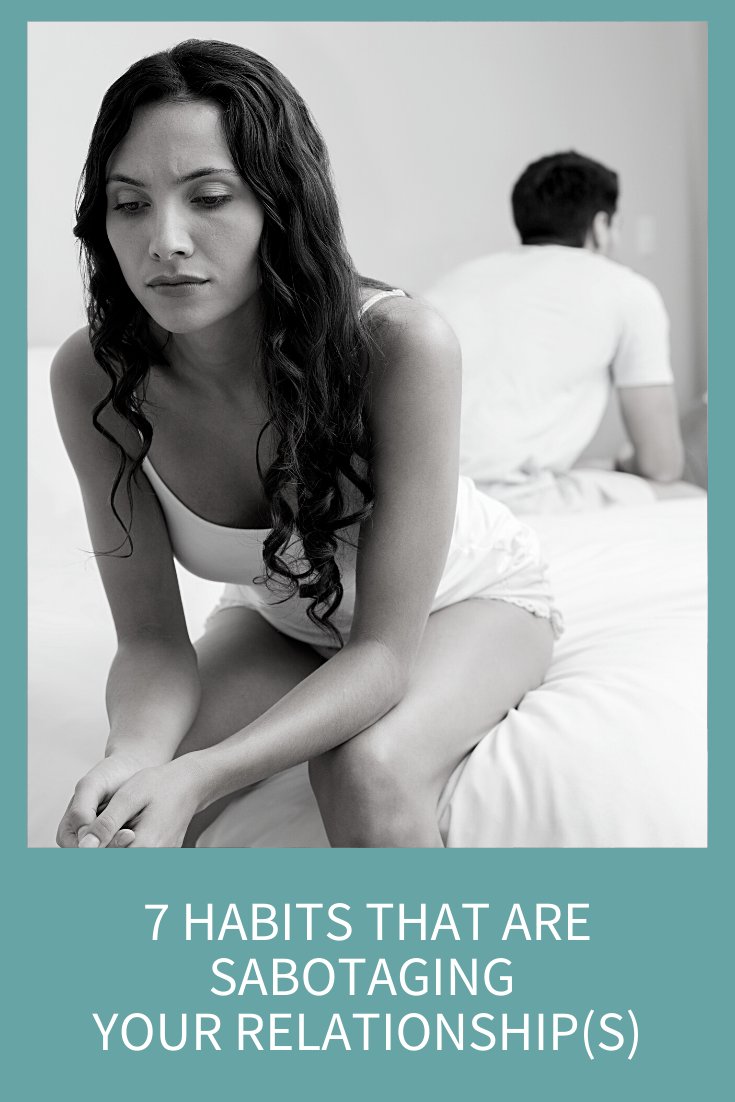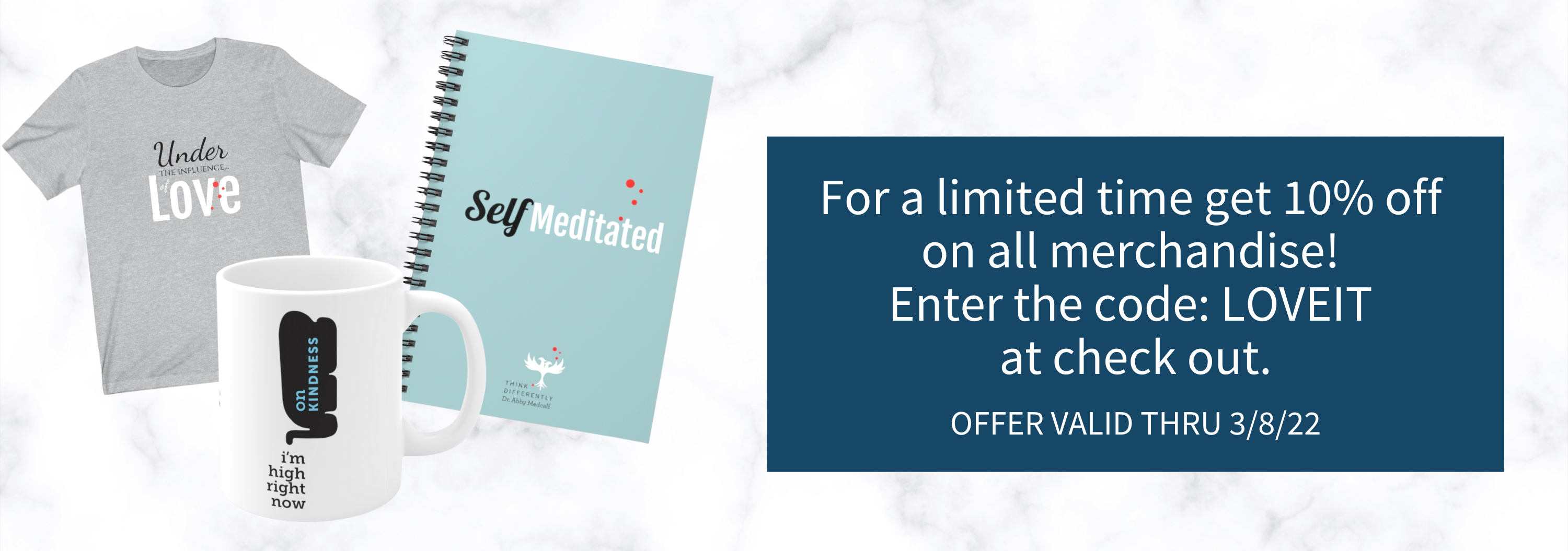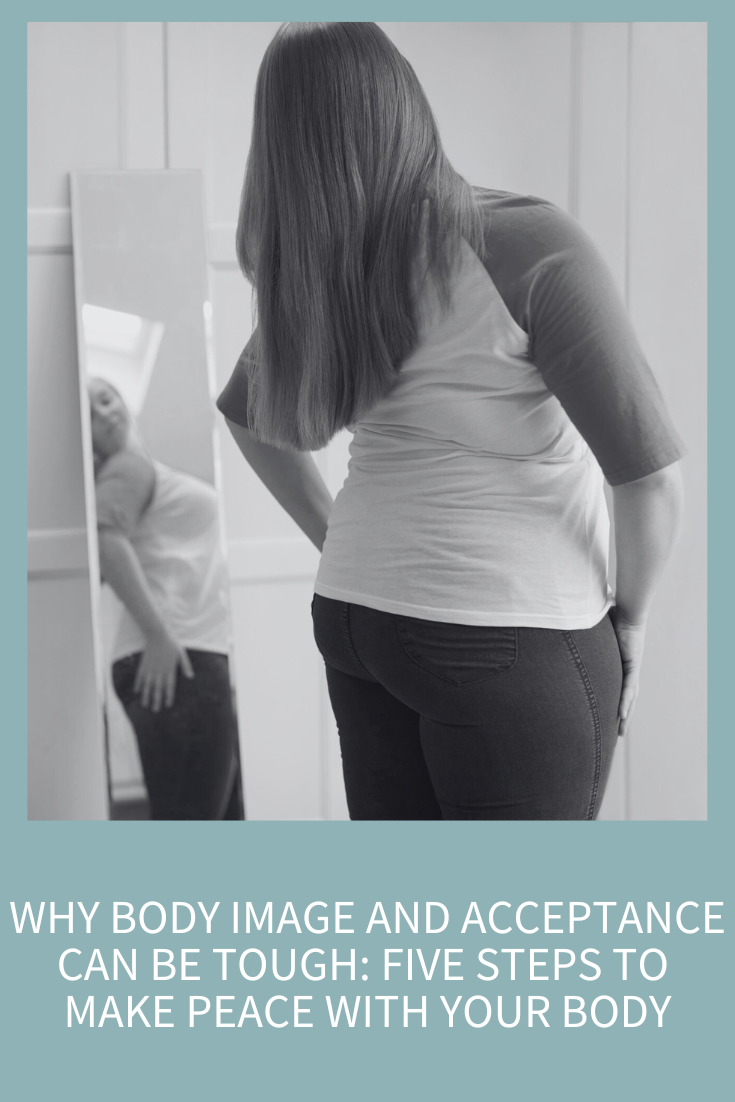
I spend most of the time telling you what to do to be happy in all your relationships (which I love because I’m a bossy Jewish mother). But today, I’m flipping things around and sharing the top 7 habits I see that are sabotaging your relationship. If you want to hear the 7 things you need to stop if you want to have connected, happy and thriving relationships, keep reading (oh look, I still get to be a bossy Jewish mother)!
12-minute read
I’m going to mostly be focusing on romantic relationships today just because that’s easiest, but I’m here to tell you that these habits are hurting all your relationships. So, even if you’re single, you want to keep reading because everything I’m about to share applies to your relationship with your sister, best friend, boss or parent. Time to stop sabotaging your relationship!
The 7 Habits That Are Sabotaging Your Relationship
Unhealthy Habit No. 1: Not Saying How You Really Feel About Something
This is definitely one of the worst habits you can have and is probably the most common issue I deal with when working with my clients. When you don’t say what you’re really feeling about something, you end up feeling resentful, disappointed, hurt and abandoned (even though you’re the one who abandoned yourself by not saying anything)!
Every time you stuff a feeling or don’t voice a thought, you’re telling the other person you don’t trust them. Yup, that’s what that is. You don’t trust them enough to be vulnerable or honest. This means that your relationship is absolutely going to suffer because, without trust, everything starts to deteriorate.
The other piece of this complicated problem is that the other person knows (either consciously or unconsciously) that you’re not sharing your true feelings. They can feel your “lie” or omission and this deteriorates trust on their end.
Often, you’re hiding information or your true feelings to protect yourself. You don’t want to upset your partner or have to deal with their feelings, so you stay quiet. For example, I had a client recently who wanted to hang with his buddies on a Friday night but “knew” his wife wouldn’t like it, so he told her he had to work late but then went out with his friends. His thinking was, “I’m not hurting anyone. It’s not like I’m cheating. I just want to see my friends, but she’ll be upset and give me grief and I don’t want to deal with it.”
My client was dead wrong. He was hurting someone – himself and his wife because of what I just explained. As I instructed my client, he was undermining his relationship and creating cracks in the foundation by avoiding these kinds of conversations.
As a last note, I want to be clear that you’re entitled to your true feelings, but not your reactions (after all, if my reaction is to hit someone on the nose for something they said, that’s not something I’m entitled to do). In other words, you might react with anger or defensiveness about something and that’s not generally a healthy thing to share.
Instead, dig down to what’s under these feelings and you’ll find your fear, worry, hurt, rejection and abandonment. When you get vulnerable and share these feelings, you’ll find a whole new way of communicating truthfully with others and stop sabotaging your relationship.
Want to learn how to change your feelings about something? Check out this one easy tool.
Unhealthy Habit No. 2: Prioritizing Other Things Over Your Partner (Or The Person You Say Is Important To You)
One of the most common issues I see is people not prioritizing the people they say are important to them. For example, I get calls all the time from couples wanting to work on their relationship but when I tell them I don’t do evening hours, they’re aghast! How could I not offer evening hours?
Well, I’ll tell you why. If you had cancer, you wouldn’t be expecting to go to chemo or doctor’s appointments at the end of a long day. No, you’d prioritize this (or any other physical health problem) ahead of other things like work or your kids.
So why is mental health or working on your relationship so different? Why would you want to spend good money to speak to someone after a very long day when you’re burnt out and just want to nap or eat a pint of ice cream? Why aren’t you prioritizing (especially in these convenient days of Zoom) seeing your therapist when you’re fresh and have most of your brain working?
I say all the time that great relationships aren’t built in a day. Great relationships are built daily. If you tell your partner or anyone else they’re a priority, but then your actions don’t line up, you’re clearly not putting them at the top of your list.
When you put others things first, you use up your emotional bandwidth and, by the time you get to spend time with your partner or best friend, there’s nothing left in the tank!
In the same way, you might be waiting until the very end of the day to have sex or take time together. Again, your actions are speaking loudly. Other things are more important and your relationship will suffer. I understand, of course, that you can’t leave work every day to take your partner out to lunch or for a quickie at a hotel and I understand that you can’t leave your kids locked in a room with only bread and water to eat while you go have a fantastic date night with your person. However, if you approach every day where work, the kids, returning emails or playing games on your phone is more important than your partner, you’re going to end up with a disconnected relationship.
Love is a verb, not a noun.
Unhealthy Habit No. 3: Competing and Keeping Score
I did my Tedx Talk on the real reason relationships fail and this issue is at the core.
You’re busy in your life doing “all the things.” You’ve shopped and planned for dinner, worked at your job all day and just spoke to the doctor about your daughter’s recently diagnosed gluten allergy. As you’re sitting getting some last emails done, your partner comes home early from a business trip and starts getting frisky. Why not have a quickie before the kids get home from school?
You’re already exhausted and you’ve got everything planned down to the minute and there’s no time for a quickie (which you know won’t really be quick)! When you say “no” your partner gets upset and says, “You never make time for me. You never want to have sex anymore.”
This really pisses you off and you list the 800 things you’ve been doing and still have to do this evening. This happens all the time. Your partner tells you something they need and you get defensive and start ticking off that long list of what you’ve done and why they’re wrong.
But you’re missing the point. They’re telling you they want to connect and spend time with you. It doesn’t matter what you have or haven’t done. Your immediate response needs to be one of believing them and trying to do something about it! Keeping score isn’t the answer!
If your partner has an issue, that’s not a them problem, it’s a we problem. The two of you are a shared battery and if they’re drained, it’s going to drain you too! Problem solve together and listen like you’re wrong and stop sabotaging your relationship by keeping score.
Unhealthy Habit No. 4: Getting Defensive When Given Feedback
If your partner (or anyone) comes to you with an issue, you need to be mindful enough not to disagree, get defensive or be angry. You’ve got to listen without getting defensive or hurt!
Your only response in that moment should be to listen and agree that the other person feels this way. It doesn’t mean you agree that they “should” feel this way. I mean that you nod and hear them. Really listen to what they’re saying because it’s their truth! Doing otherwise is sabotaging your relationship.
Rule no. 1 when getting feedback is not to rebut what the other person is saying. When your immediate reaction is a rebuttal and telling them why they’re wrong, you’re missing the point!
You need to be present and mindful so you can notice the reactions you’re having. You’re going to have to really stay in touch with your feelings throughout the conversation. Notice your shoulders tensing up? Take a deep breath and push yourself to relax.
Name your own feelings as often as possible in this dialogue. This can even be part of the conversation; you can stop and ask “How are you feeling right now?” Or ask yourself, “What am I feeling right now?” If it’s a fear-based emotion such as resentment, hopelessness, or defensiveness, take a moment and bring yourself back to center. Have a mantra at the ready: “There’s nothing scary here. We’re going to work this out. There’s nothing for me to fear.”
In these moments of self-awareness remind yourself that you’re focused on a loving outcome.
When getting feedback or when someone comes to you with something that’s bothering them, don’t:
- Interrupt
- Think about retaliatory remarks
- Keep score (well, what about you and what you did?)
- Deny the other person’s point of view (you misunderstood what I meant)!
- Refuse to participate (I’m tired of this topic, I’m not going to discuss this with you again!)
Unhealthy Habit No. 5: Complaining About Your Partner
Some research shows that people complain once a minute during a typical conversation. If you’re not happy in your relationship, complaining can become a really nasty habit and it’s hurting your relationship.
Complaining, like any other activity, activates the neurons in your brain and trains them to remember the pattern. So, the complainer teaches their brain to fire the same mental pattern every time they complain! These negative emotions and memories eventually trigger unhealthy emotions like depression and anxiety.
When you repeatedly complain about something (“She’s always nagging me,” “How can he not see how dirty the floor is?!”) it rewires your brain to make future complaining easier, so more likely. As month after month and year after year passes, you’ll find it way easier to be negative, regardless of what’s really happening in the rest of your world. As a result, it’ll be more difficult to create a more positive outlook, and you’ll get yourself stuck in a negative loop of emotions and attitudes about your life.
If you have a complaint with your partner or anyone else, the only one you should be speaking to about said complaint is that person (or maybe your therapist)! When you complain to 10 different people about your partner or Jessica at work, you’ll get 10 different opinions, and it becomes very difficult to know your own mind.
In addition, if you complain to all your friends or mom about your partner, but then get over it, your friends or mom will likely still be upset with your partner because they’re not over it. So now you’ve got an icky relationship between your partner and your mom or friends! This behavior is sabotaging your relationship.
Unhealthy Habit No. 6: Not Trusting Them
Your insecurity is lying to you and it will sabotage your job or your relationship. For example, you’re insecure in your relationship and worry that your partner will cheat on you so you’re always checking up on them. The constant scrutiny causes fights, and you break up or they do look for love somewhere else because you’re so unbearable.
Tracking where they are or asking for passwords to social media, emails, etc. is also out. Instead, put all that energy into making the relationship better. Put it into taking responsibility for your side of the street.
Another way distrust shows up is not believing your partner when they say they love you or that you look beautiful. Or maybe you don’t believe when your boss says you’re doing a great job. How is this serving you to feel and think this way? Ask yourself where this is from!
Learn about the three keys to building trust in your relationship here and avoid sabotaging your relationship:
Focus your energy on what you do want to see in the relationship instead of trying to find what’s wrong. This is key to stop sabotaging your relationship.
Unhealthy Habit No. 7: Not Answering Bids is Sabotaging Your Relationship
This is the work of famed marriage guru, John Gottman. His research shows that answering bids is one of the most important things you can do to create a connected, happy and fulfilling relationship. Answering bids means that any time your partner makes an attempt at connection you need to move towards them in some way.
At different times in a given day, partners make various requests to connect and when this “bid” isn’t met, the relationship suffers. When your partner makes a bid, they’re not simply commenting on what they’re looking at or asking you a question. They’re looking for your interest or support, hoping to connect with you about whatever it is they’re bringing up. If your partner thinks politics, your children, what’s for dinner or cats are important enough to bring up, then you need to recognize and respect that.
Turning away from a bid could look like a lot of things, such as:
- Dismissing or ignoring
- Continuing whatever you were doing without stopping (like not looking up from your computer or phone)
- Allowing your attention to be diverted easily, such as hearing the ding on your phone and checking your text messages while your partner is talking (note to self: unless you’re due for emergency surgery, you can wait five minutes to check your phone)
- Interrupting or changing the subject
- Simply saying “no” as your automatic response
Gottman says: “These bidding interactions had profound effects on marital well-being. Couples who had divorced after a six-year follow up had ‘turn-toward bids’ only 33% of the time.” In other words, only three out of every ten bids for emotional connection were met with support, interaction and intimacy. The couples who were still together after six years had “turn-toward bids” 87% of the time. These couples were getting their emotional needs met nine times out of every ten bid attempts.
And bids show up in all kinds of other relationships too. If you’ve got kids, think about all the times they say, “Mommy look!” or “Dad, let’s go shoot some hoops!” It happens at work too when your coworker asks your opinion on a project and our friendships are full of bids (“Does my ass look fat in these jeans?”).
A great tip is to make a commitment to say “yes” to whatever your partner or other important person in your life asks for the next week. You’ll notice more closeness and connection right away.
These are 7 habits that I find most often end up sabotaging your relationship. Start working on stopping these toxic relationship habits today and you’ll see a positive change in all your relationships!
Resources
Feeling Resentful or Stuck in Your Relationship? It Might Be Your Reticular Activating System!
Building Trust in Your Relationship
3 Keys to Building Trust in Your Relationship
How to Listen without Getting Defensive or Hurt
Everything You Were Too Pissed to Ask About Anger
When You Feel Angry and Don’t Know Why
Change How You Feel with This Easy Tool
Thinking Your Day Has 24 Hours is Wrong
Finding the Spark Again in Your Relationship (or for the First Time)
The Real Reason Relationships Fail, Abby Medcalf, Tedx Talk, Oneonta
Competing Stops You From Listening and Connecting
If You Want to Communicate, You’ve Got to Listen First
How to Make Mindfulness a Habit
Complaining is As Bad for You As Bacon (And Just As Satisfying)









